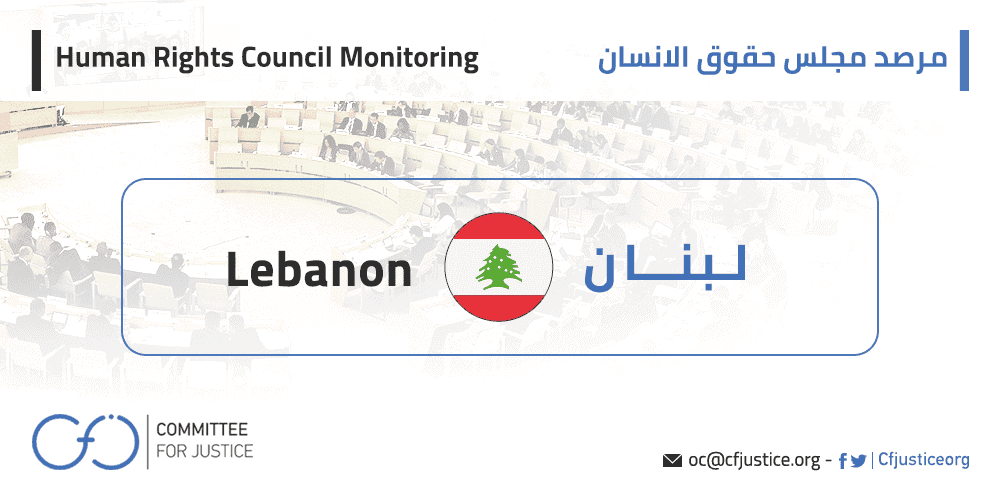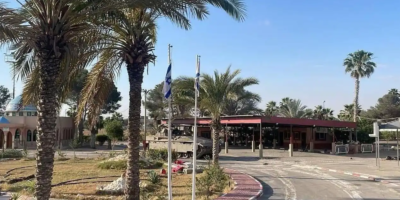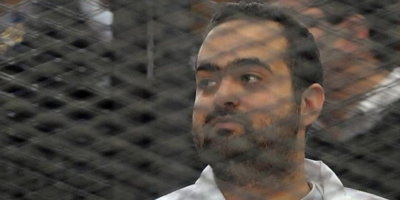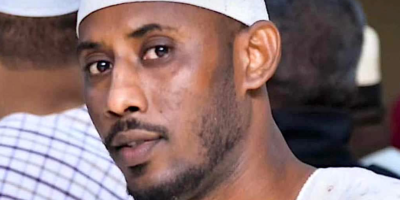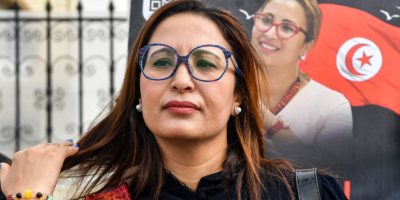News briefing
Translated and edited by: Committee for Justice
Geneva: October 17, 2021
UN experts revealed that they had received information indicating an alleged political interference in the independence of the judiciary in Lebanon, adding that lawyers in Lebanon were subjected to physical attacks, arbitrary arrests, intimidation and harassment.
Attacks, arrests and military trials:
In their memorandum sent to the Lebanese government on August 17, 2021, the experts listed some of these harassments against lawyers, including Wassef Harakeh, who was subjected to an assassination attempt by unidentified assailants. Following their arrest, they were released based on the decision of the investigative judge, who acted under political pressure because the individuals worked as security agents for a current minister in the government.
The experts also recounted what happened with lawyer Afram Halabi, who was beaten by members of the Lebanese Internal Security, and the investigations were closed after one session due to political pressure as well.
Lawyer Jimmy Hadchiti was also beaten more than once by police officers. He was later referred to a military court on charges of assaulting police officers.
The experts also reported in their memorandum what happened with Lawyer Elsherif Sleiman, an anti-corruption activist who was summoned to appear before the Public Prosecution for questioning after publishing a post criticizing the Lebanese government on his Facebook page, which was opposed by the Lebanese Bar Association.
Control over the Supreme Judicial Council:
The experts explained that the executive authority in Lebanon exercises wide control over the Supreme Judicial Council and its decisions regarding the appointment of judges in Lebanon.
The Supreme Judicial Council – which is the highest judicial authority in the country – consists of ten members, eight of whom are currently appointed by the executive authority.
The experts also confirmed that members of the legislative and executive branches had intervened in multiple judicial procedures related to issues of national importance. In particular, government authorities are alleged to have interfered in several ongoing legal issues related to the Beirut port blast on August 4, 2020.
Concerns about disrespecting the independence of the judiciary:
The experts expressed their grave concern about the alleged failure of the executive branch to respect and observe the principles of judicial independence and separation of powers, according to which the executive, legislative and judicial branches constitute three separate and independent branches of government.
The experts also expressed their concerns about the various forms of attacks and intimidation that lawyers seem to face in Lebanon as a result of exercising their legitimate profession, and that if confirmed, these events would amount to a serious breach of a number of international standards relating to the free and independent practice of the legal profession.
UN demands from the Lebanese government:
The experts called on the Lebanese government to provide information on the legal and factual basis for Elsherif Sleiman’s arrest and explain how his arrest complies with international standards relating to the right to freedom of expression and the free and independent practice of the legal profession.
The experts also called on Lebanon to provide detailed information on the legislative and other measures it has adopted to ensure that lawyers can perform all their professional functions without intimidation, hindrance, harassment or improper interference and to prevent them from being intimidated, prosecuted or any administrative or economic sanctions.
The experts also asked the Lebanese government to state whether any investigation or other measures had been conducted into the violence faced by lawyers and how, if not, the perpetrators were brought to justice, and to explain why and to what extent this is consistent with international human rights law.
